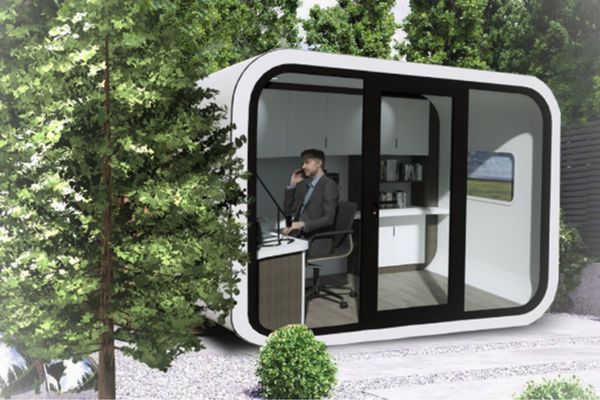
A lot of people now work from home. It is therefore quite common that people would like a separate office building so they have privacy as well as more space to work from
BUT… is this a good idea?
Let’s look at the implications for both the company and the director/employee involved.
Company
The Office pod itself would not classify as an expense, it is therefore regarded as a capital asset. For capital assets that classify as Plant & Machinery (P&M), corporation tax relief is given in the form of a capital allowance. This claim would reduce the profit of the company.
However, the ‘pod’ is considered a place where business is conducted. It is NOT considered as P&M. Hence, capital allowances would NOT be allowable on the pod.
A separate allowance is available for these sorts of structures called the Structures and Building allowance. However, the structure and Buildings allowance is not claimable on structures built on residential property. Hence, this tax relief is not available.
Director/Employee
If the pod is used by the director/employee solely for work purposes, there would be no tax implications. This is because there is no dual purpose (e.g. personal and business).
BUT… because it is at the employee’s/director’s home address, HMRC is unlikely to accept no private use of the asset. Something as small as reading a magazine in the pod would classify as private use.
A benefit in kind would be levied on the director/employee. They would be taxed on the higher of:
- Asset Annual Value: 20% of Market Value of the pod
- The Rental/Hire charges of the pod
The tax can then be collected through payroll or paid via P11D Benefit in Kind.
Future Implications
There are potential future implications with purchasing a garden pod. Your residential home is normally exempt from Capital Gains Tax (CGT) due to a relief called Principal Private Residence Relief (PRR). However, if the garden pod is used solely for commercial purposes this would make it disallowable for CGT.
